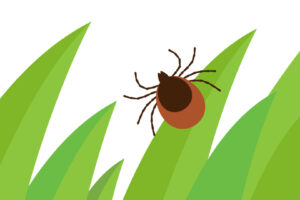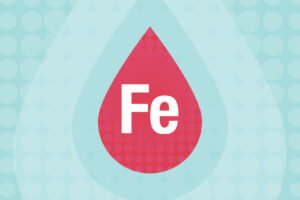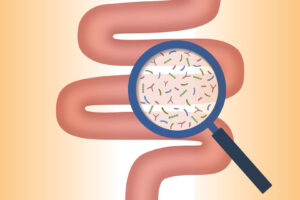Dieting and healthy eating is surrounded by myths and tricks. Here are 10 myths about losing weight and eating healthy and the truths behind them.
You should never eat a potato.
FALSE! Potatoes are not fattening. It’s the butter and sour cream that you add that makes them high in calories. Potatoes are actually a good source of vitamin C, potassium and fiber, as well as inexpensive.
Eating after 8 p.m. will make you gain weight.
FALSE! Unless you are an admitted night-eater, eating at night is not unhealthy and does not make you fat (as long as you aren’t eating too many calories throughout the day). There is no “magic time” to stop eating at night to help lose weight.
Pork is bad for you.
FALSE! Many pork products are high in fat and/or salt (bacon and sausage for example), but many pork products are lean and low in salt. Choose pork tenderloin or well-trimmed pork chops. Any food that you can enjoy can be eaten in small amounts every now and then.
Health foods are better for you.
FALSE! There is no real definition of “health food.” Health foods can be just as high in calories, fat and salt as other foods and are often more expensive. Commonly used terms include “health foods,” “natural foods” and “organic foods.” Only organic foods have labeling guidelines and are defined by the FDA.
A low-carb diet is the best way to lose weight.
FALSE! Your body needs carbohydrates to work correctly. Low carb diets can restrict carbohydrates to a dangerous level. Choose carbohydrate sources from fruits, vegetables and whole grains when possible. Also, include at least 3 servings of whole grains into your diet each day for healthy eating.
You need to drink 8 glasses of water each day for good health.
FALSE! Fluid needs vary from person to person. Coffee, tea, milk and juice count toward your fluid needs. Drinking water is not a “magic pill” for weight loss.
Fresh foods are always healthier than frozen/canned foods.
FALSE! Fresh foods may lose nutrients while sitting in the grocery store (or your refrigerator). Frozen foods are usually flash-frozen shortly after harvest and retain the most nutrients possible. Canned foods are often processed quickly and retain most of their nutrients. Both canned and frozen vegetables can be good choices.
It’s ok to eat salt if you cut back on fat.
FALSE! The Dietary Guidelines 2005 recommend that all Americans reduce their sodium intake to 2300 milligrams daily (one tsp salt). Those with some known heart problems, including congestive heart failure, should eat less.
If I take vitamins, I don’t need to worry about what I eat.
FALSE! Foods contain more than just vitamins and minerals. Components of foods (things that aren’t in vitamin pills) have been found to have health-promoting features. You should try to get your nutrition from “foods first” and take a multivitamin for extra protection.
Avoiding fat will help me lose weight.
TRUE! Fat has more calories than protein and carbohydrates so cutting back on fat will also help you cut back on calories. To maintain good health, eat less fat from all sources. Most of the fat you eat should come from fish, nuts and vegetable oils.
Don’t believe everything you hear when it comes to nutrition. It’s important that the information you receive is written by a registered dietitian, quotes sources like MyPyramid and the Dietary Guidelines, and recommends variety, moderation and exercise as keys to good health. Registered dietitians have years of training, they are required to earn education credits to maintain their education, they know how to interpret the nutrition research and they aren’t usually trying to sell you something.
To schedule a consultation with a registered dietitian call the Star and Barry Tobias Health Awareness Center at (732) 308-0570.





